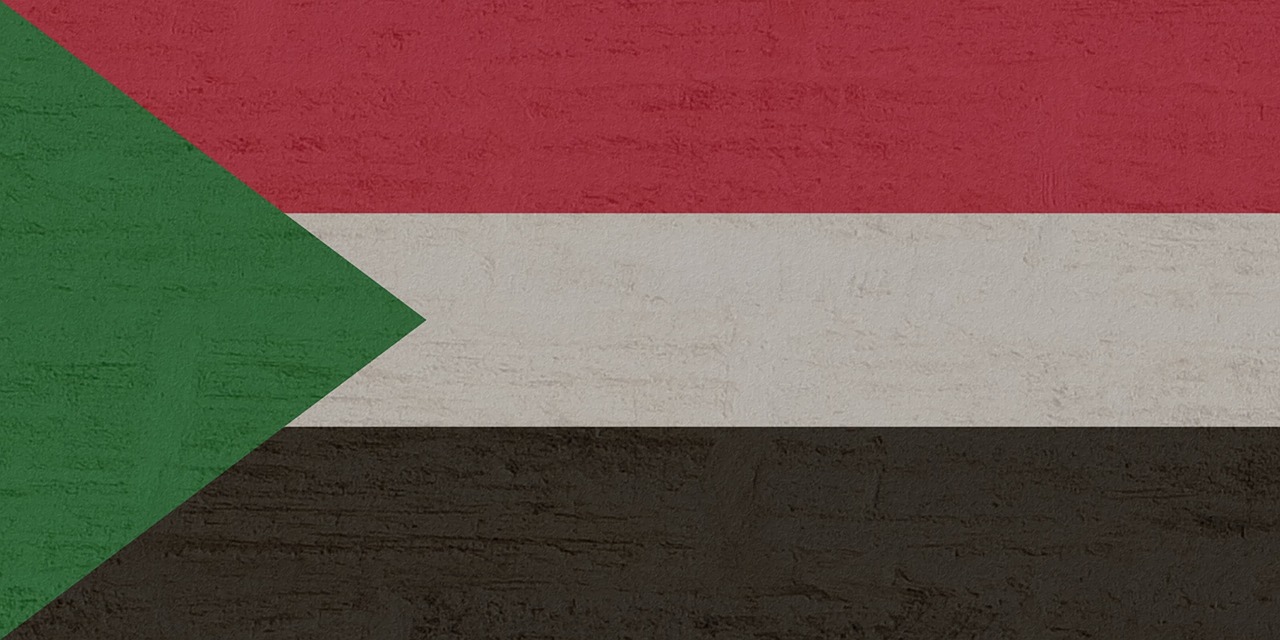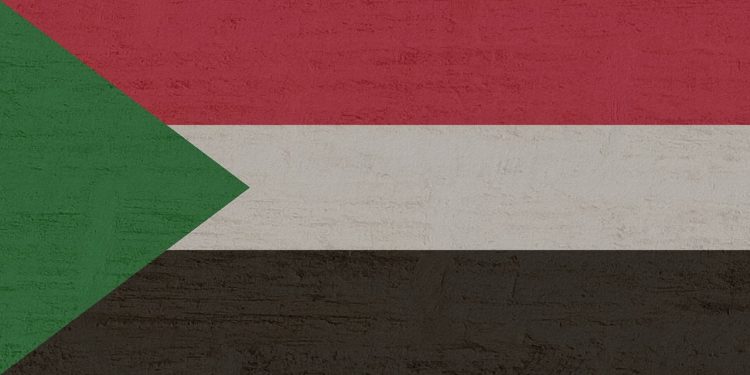The Sudanese city of al-Fashir, the army’s last stronghold in Darfur, is descending into famine-like conditions as the Rapid Support Forces (RSF) tighten their siege, cutting off food supplies and bombarding residents with drones and artillery. With electricity cut, bakeries closed, and medical aid depleted, locals report surviving on animal feed as prices for smuggled goods soar five times above normal. “The cemeteries are expanding daily,” one resident told Reuters, describing how malnutrition now rivals shelling as the deadliest threat.
Children Starve as RSF Blocks Aid Convoys to Strategic Darfur Hub
A doctor in al-Fashir, speaking anonymously for safety, revealed even medical staff lack food: “The children are malnourished. I haven’t eaten breakfast today—there’s nothing.” The RSF, accused of Janjaweed-era atrocities, has systematically attacked aid shipments, forcing displaced families in camps to eat hay and peanut-shell feed (ambaz)—now also running out. The city’s fall would hand the RSF near-total control of Darfur, potentially cementing Sudan’s partition after 15 months of war between the former allies.

Those escaping al-Fashir risk RSF attacks and cholera outbreaks along routes to towns like Tawila, where 500,000 displaced crowd into makeshift shelters. Emergency Lawyers documented 14 deaths this week among fleeing families ambushed by RSF fighters who steal phones, money, and livestock while kidnapping girls. In Tawila, 90% lack clean water and most eat one meal daily, as MSF reports 2,500 cholera cases amid flooded latrines and rotten food supplies.
UN Pleas Ignored as Rainy Season Worsens Suffering
Despite UN calls for a humanitarian pause, the RSF continues its assault on al-Fashir and nearby Zamzam camp, while fighting spreads to Kordofan region. With foreign aid cuts crippling relief efforts, mothers like Huda Ali describe children sleeping in rain-soaked straw huts, their survival hinging on handwashing and cooked meals—luxuries only few can secure.

















